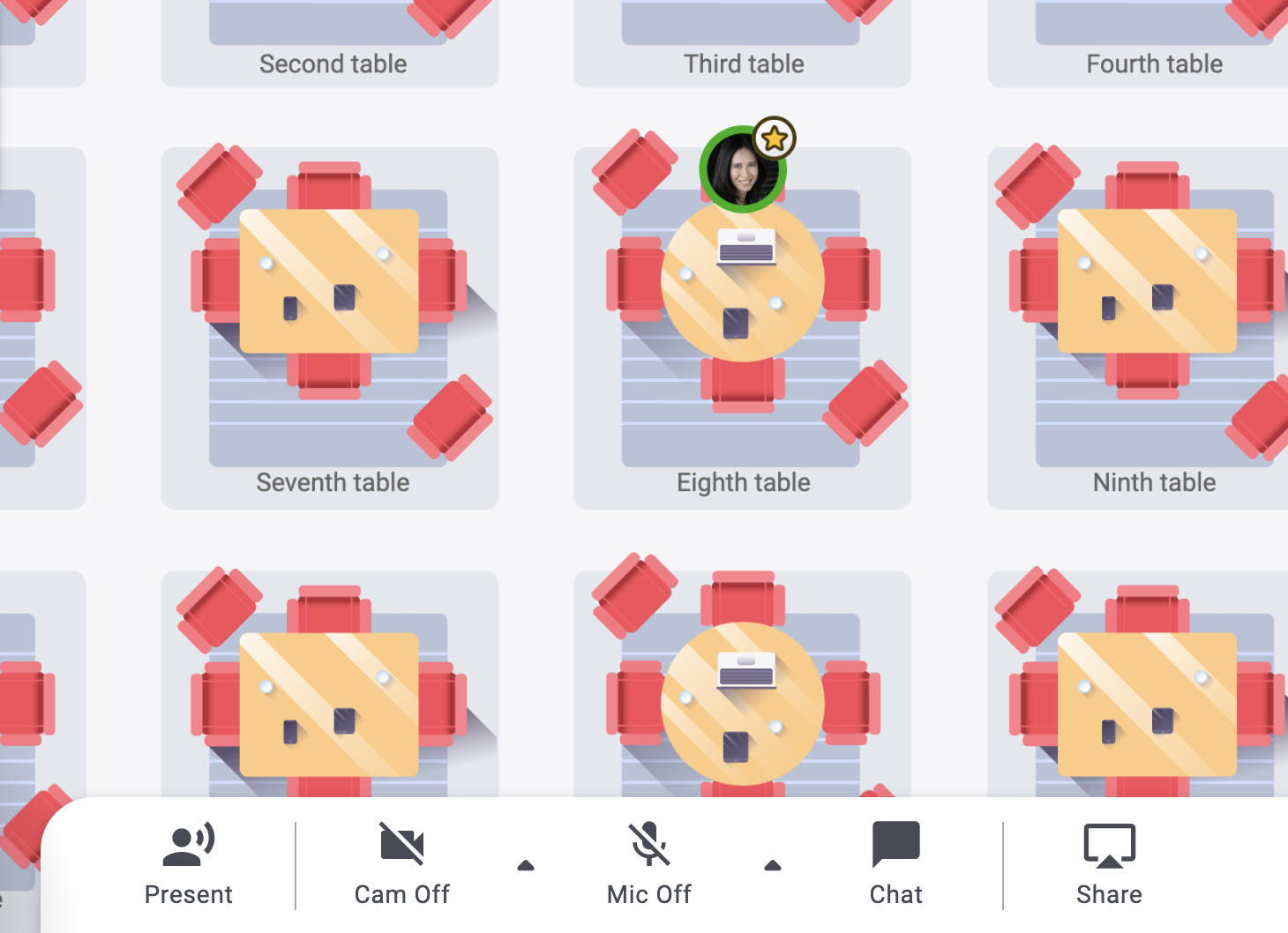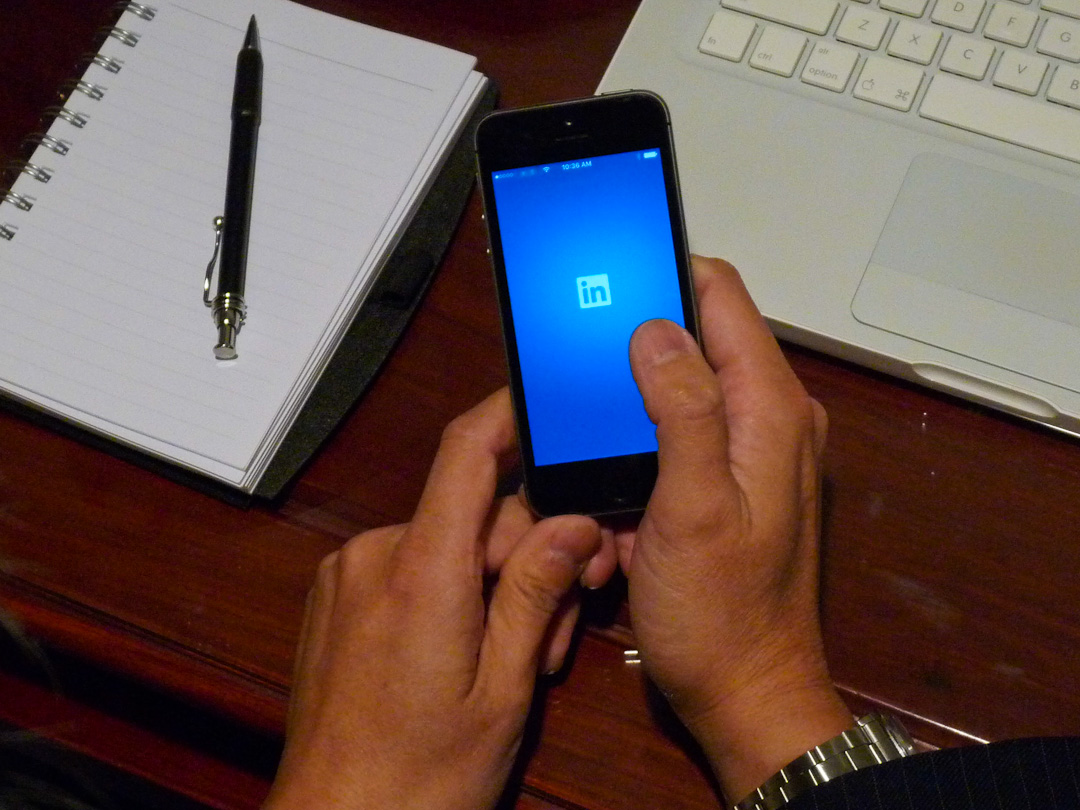
How Lawyers Can Network Online During the Pandemic
At the end of January 2021, I had the pleasure of leading an online escape room I had created. It was part of my “How To Network Online & Build Your Brand” presentation for The Advocates’ Society’s Young Advocates’ Standing Committee Social.
To prepare for presentations, I always try to learn what the audience would be interested in hearing about.
The committee members mentioned a number of challenges to me. I address some of them below.
1. How to Find Networking Opportunities
A challenge committee members expressed was finding opportunities to network with people they do not know. For example, one member mentioned that prior to the pandemic there would be events to meet up with in-house counsel.
Coincidentally, I happened to be co-chairing FACL Ontario’s 14th annual conference and mixer (which occurred February 18-20, 2021). Knowing that at the end of each day of the three-day event we would have senior practitioners, including in-house counsel, attend to network, I had to mention those networking opportunities during my TAS presentation.
The virtual networking opportunities you seek very likely exist, but you just may not know of them. So let others know of your networking challenges, as they may be able to bring relevant opportunities to your attention. They include your mentors, friends and family, and social media followers. Some of the events may be “closed”, and require someone to make an introduction.
Also during my TAS presentation, I noted that if you don’t find the events you’re looking for, you can always organize your own virtual networking event. For example, you could organize a substantive law or business-oriented panel discussion, followed by networking among the panelists and attendees. This can help build and deepen the relationships of those you work with on the panel discussion.
In creating your own virtual event, it’s important to look into appropriate platforms that would work well for your event. For the FACL Ontario conference, we used a platform called Remo, which was very well received and effective for networking.
Here are some useful networking features of Remo:
- It’s a virtual platform that allows attendees to freely jump from table to table to have video chats with each other (see featured image of this blog post for a default Remo floor plan). So there is no need to wait for someone to move you into a breakout room. By double clicking on a table you want to join, you will be entering a video chat with those at the table.
- When entering a Remo event room, Remo will randomly drop you at a table. This allows you to meet people you may not know. You may end up at a table with someone you may not have had the courage to walk up to if it were an in-person event.
- All attendees can see who is at any particular table by hovering over the avatars at the table. The person’s name will appear. By clicking on the avatar, you can view the attendee’s virtual business card, which can include organization name, website link, and LinkedIn profile link – so much more information than an in-person name tag.
2. How to Follow Up After a Networking Event
Other challenges mentioned to me were how to not come across as being pushy and how to follow up after an event.
This made me think of the question of whether to ask for work from the person you just met.
Interestingly, this topic was raised during the New Normal Networking Tips panel at the FACL Ontario conference. FACL Ontario President and panel moderator, Gerald Chan, asked the panelists whether they explicitly ask for work when meeting someone. Explicitly asking for work is not part of Huy Do (Partner, Fasken), Karen Kwan Anderson (Sole practitioner), or Megan Mah (Associate, WeirFoulds LLP)’s networking practice.
Karen stated that she has no expectation of work and does not ask for work:
I’m building that relationship. I’m engaging, I’m connecting, and I’m following up. If I get a business card, I’m going to send an email or even call, saying it was a pleasure to meet with you. Let’s stay in touch.
Huy was of the same mindset as Karen. Although he knows of lawyers who are very blunt at asking for work even with those they only met recently, it’s “too unnatural” for him.
Megan prefers to build the relationship first. As an employment and human rights lawyer, she is able to reach out to ask how she can help someone given how topical COVID-19 is these days. She reminds them of her group’s latest content on the topic, and frames the work question as an offer of help.
During my TAS presentation, I discussed the importance of listening. Through that we can learn what the other person’s challenges are and frame our ask in a more helpful and subtle way. That would also make the follow up after an event more memorable. So, reflect on the challenges faced by those you met with and how you can help. Could you, for example, pass along a valuable article addressing the challenge, or make a helpful introduction?
The challenges you could help with may not be law-related. The challenges presented by the pandemic are many. For example, they may be related to physical activity (e.g., you could organize a physically distanced walk or a call while each of you walk around your own neighbourhood), or meal making (e.g., you could share easy-to-make healthy recipes or your experiences with meal delivery kits you’ve enjoyed).
In addition to reflecting, plan on what you need to do to improve your offer of help. For example, if the challenges are related to your area of practice, you may realize that you need to work on building your portfolio of content to share valuable self-authored content for addressing the challenges.
If you’re reaching out to those you met via an invitation to connect on LinkedIn, add a personalized message indicating where you met and a topic you had discussed. It will serve as a good reminder of how your relationship began if you end up not speaking with one another in the near future.
Other Online Networking Tips
Here are a few more online networking tips:
- Review online content, including social media profiles, of those you know you will be meeting to see if there are commonalities that can help as a conversational ice breaker.
- Make sure your online profiles are in good order, as others will likely be looking you up as well.
- Ask colleagues, friends and family if they are aware of networking events, or social media discussions, that may be of interest to you.
- Engage with other people’s social media posts, especially authored by those you do not know to increase awareness of yourself and potentially your network.
- Ask clients what events they are having that you could take part in to learn more about their business. For example, if you act for EllisDon, you may want to sign up for their first ever International Women’s Day webinar. Whether there is an opportunity to have an oral discussion with others during the event, you can certainly follow up with your client contact after the event, especially if you haven’t connected with them recently.
- When you attend a virtual event that doesn’t require you to turn your camera on, such as some Zoom events, make sure you have a photo as part of your profile so it can appear instead of just your name. The photo could remind someone that they have met you before (as they may not remember your name) and they may send you a private chat to re-connect.
Networking pre-pandemic was not a fun activity for most of us. Adding it to our very long to-do lists these days makes it even more of a chore. We need to view networking in a more positive light (and re-name it!). As Huy stated during the New Normal Networking Tips panel, “The key is not to make it feel like work. Make it feel like it’s part of your lifestyle.”
Lessen the stress you are feeling during the pandemic by not worrying that each networking meeting must result in a new matter. Networking is about developing relationships with others, which takes time and can be focused on fun experiences that have nothing to do with law. For example, who knows where getting together to escape a virtual escape room could lead to.
So who are you going to reach out to now regarding your next virtual networking experience? Enjoy your online networking conversations!



